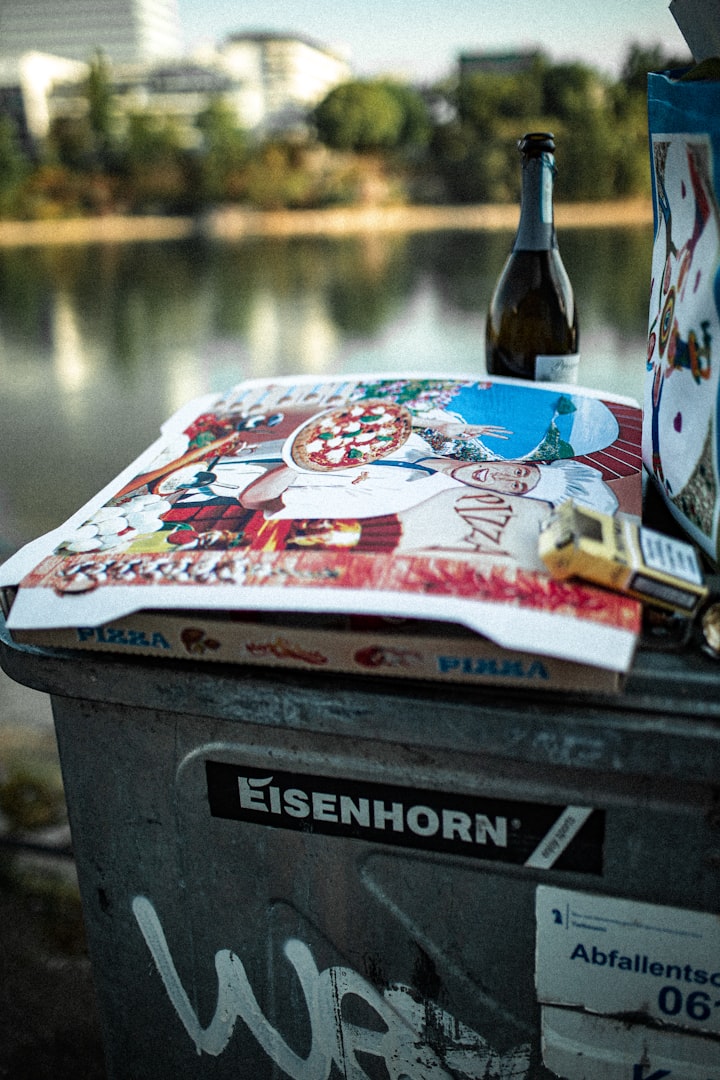How Italy's Connection to This Iconic Drink Can Help You Celebrate in Style
How Italy's Connection to This Iconic Drink Can Help You Celebrate in Style

Champagne is synonymous with celebration, luxury, and indulgence. There's something about the bubbles, the pop of the cork, and the crisp, refreshing taste that makes it the perfect drink for marking life's special moments.
But what is it about champagne that makes it so appealing? Why do we splurge on this iconic drink when there are so many other options out there? The answer lies in the psychology of selling, and the way that champagne has been marketed over the centuries.
To truly understand champagne, we need to look back at its origins. While champagne is often associated with France, its history actually goes back to Italy. The first sparkling wine was produced in the Lombardy region of Italy in the 16th century, and it wasn't long before the drink caught on with the aristocracy.
In fact, it was an Italian scientist named Francesco Scarselli who first discovered the process of making sparkling wine. He observed that wine left in the bottle would often start to fizz, and he realized that this was due to the presence of yeast, which produced carbon dioxide as it fermented. By intentionally adding sugar and yeast to still wine, he was able to create a wine that was naturally sparkling.
It wasn't until the 17th century that champagne as we know it today was born. At the time, the region of Champagne in France was known for its still wines, but the cold climate meant that the fermentation process would often halt before all the sugar had been converted to alcohol. This left a sweet, bubbly wine that was in high demand.
Champagne's rise to prominence was also helped along by the marketing savvy of the champagne houses. In the 19th century, champagne became the drink of choice for European royalty, and the champagne houses capitalized on this by creating elaborate packaging and marketing campaigns that emphasized the drink's exclusivity and luxury.
Today, champagne is still marketed as a drink for special occasions. From New Year's Eve to weddings to graduations, champagne is seen as the ultimate symbol of celebration. And the psychology of selling is still at play - the high price tag of champagne only adds to its allure, as does the fact that it's often served in a fancy bottle with a cork that pops with a satisfying sound.
But there's more to champagne than just its marketing appeal. There's also the emotional connection that we have to this iconic drink. When we drink champagne, we're not just consuming a beverage - we're tapping into a feeling, a sense of joy and celebration that goes beyond the drink itself.
This emotional connection is especially strong when it comes to champagne's ties to Italian culture. After all, it was the Italians who first discovered the process of making sparkling wine. And even today, Italian prosecco is a popular alternative to champagne, known for its light, refreshing taste and affordable price tag.
But while prosecco may be more accessible, champagne still holds a special place in our hearts. It's a drink that's steeped in history and tradition, one that's meant to be savored and enjoyed with loved ones.
So the next time you're celebrating a special occasion, consider popping open a bottle of champagne. Whether you're toasting to a new job, a new baby, or just the end of a long week, champagne has a way of making any moment feel more special. And with its deep ties to Italian culture and the psychology of selling, it's the perfect way to celebrate in style.
About the Creator
Abhishek Vijayan
hey , I am a freelancing editor and writer.
In this account I will post videos and posts which have me intrested and invested in them.





Comments
There are no comments for this story
Be the first to respond and start the conversation.